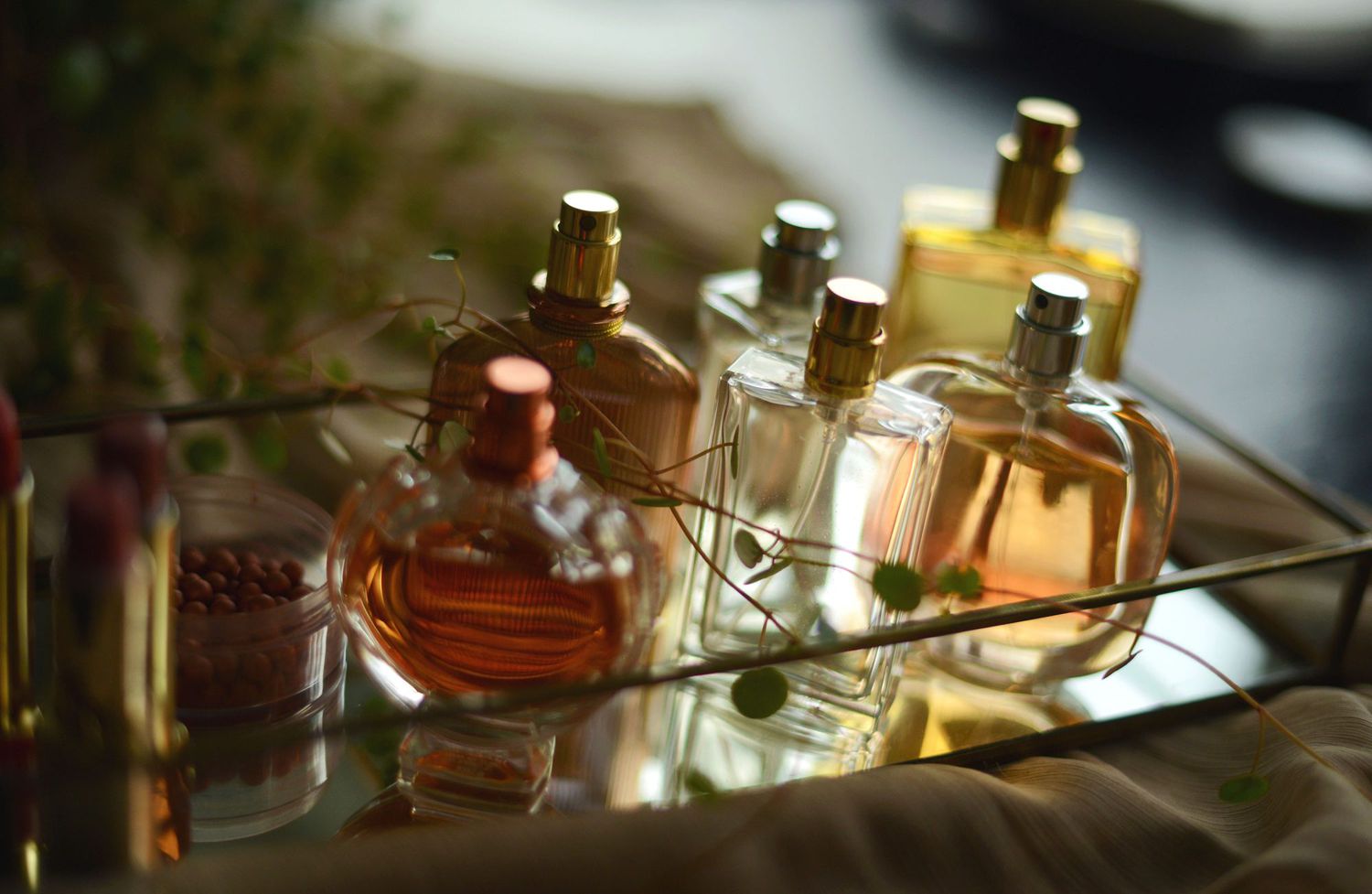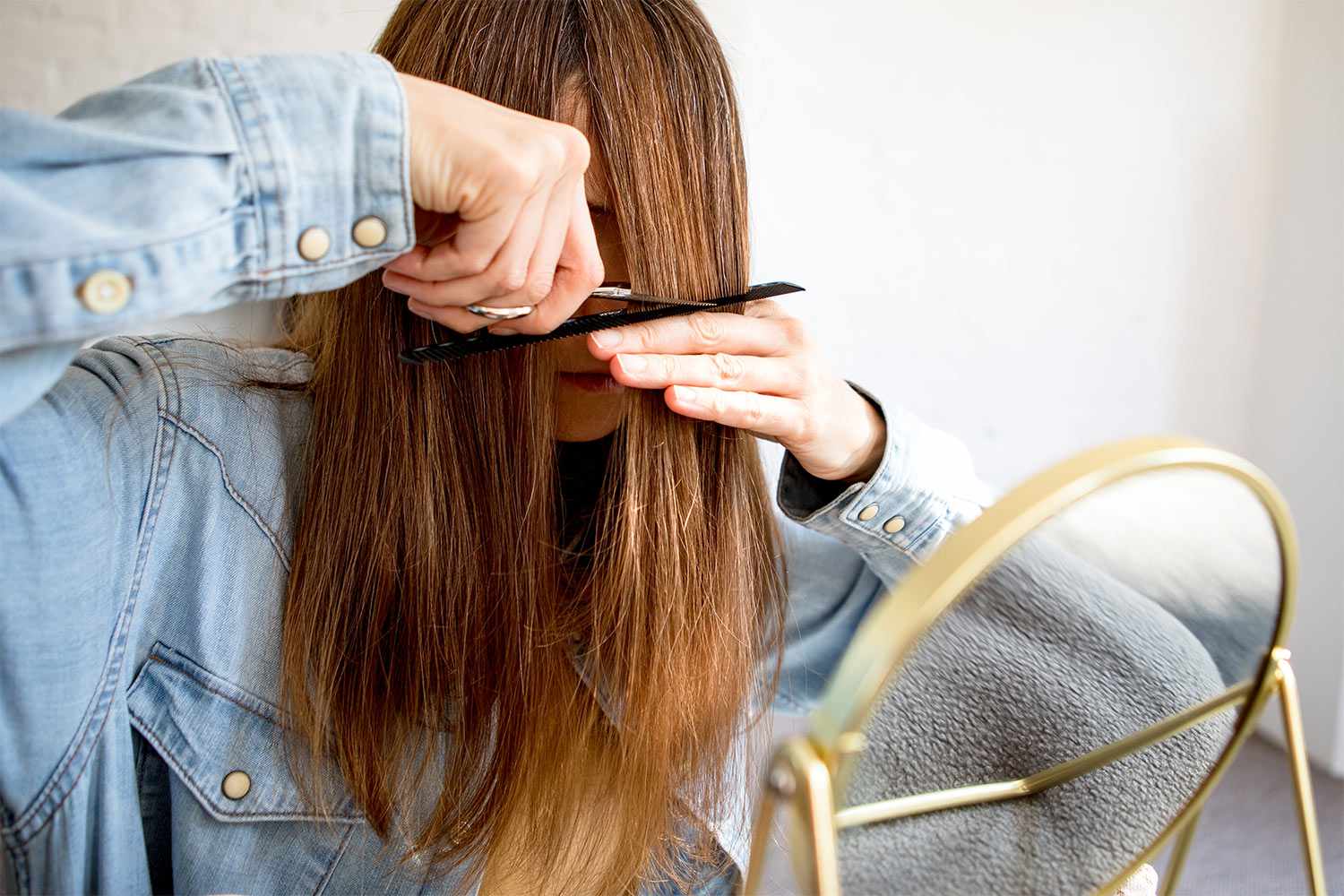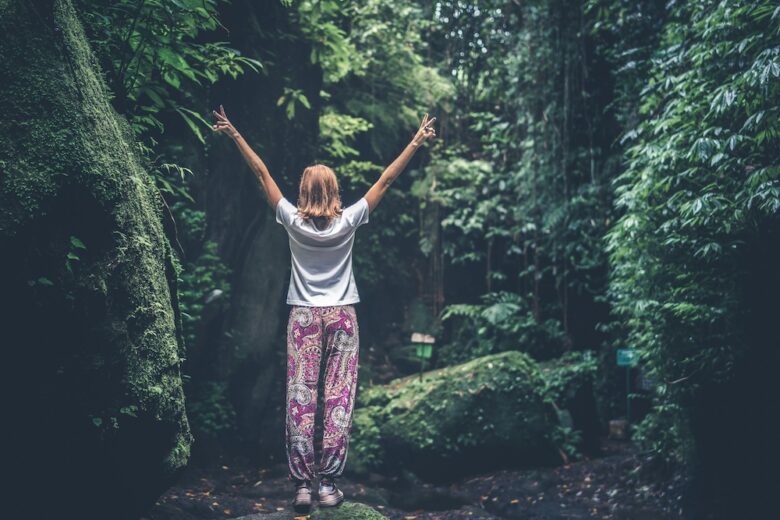It began on a whim, really. I was traveling through a coastal town, wandering the uneven cobblestones of its old quarter, and I realized I didn’t want another magnet, another keychain, another postcard stamped with a cliché view of a landmark I’d forget in months. What I wanted was the essence of the place—the fleeting, intangible moments that no shelf in my apartment could capture. That day, I caught myself inhaling deeply near a tiny bakery tucked between two weathered buildings, the smell of yeast and browned butter hitting my memory like a small explosion of comfort. And that’s when it clicked: I would collect smells.
The first “smell” I collected was, predictably, the smell of bread. But not just any bread—the heavy, almost tangible aroma of a loaf being pulled fresh from a wood-fired oven, the steam curling upward in lazy tendrils, carrying notes of caramelized crust and faintly sweet dough. I didn’t even know how to bottle it, so I simply breathed it in, let it saturate my clothes, my hair, my skin. I wore it with me like an invisible souvenir, a private memory encoded in scent. The city was bustling, tourists clamoring, scooters whining past, but I was anchored in that small, aromatic moment, feeling something beyond the visual or tactile.
From there, the collection grew. I learned to notice what others overlooked: the damp, mossy scent that clung to a stone wall after a sudden rain, the peculiar tang of salt and diesel in a harbor at dusk, the rich earthiness of a park after dogs had run through it and the grass had been freshly mowed. Smells, I realized, are not passive—they are a narrative, a story unfolding quietly, waiting for attention. I didn’t need to possess them physically. I just needed to notice, inhale, and store them somewhere deep inside.
Traveling became a sensory scavenger hunt. In a bustling Moroccan market, I let the scent of saffron and smoked paprika cling to my jacket, and for years afterward, that faint trace would transport me there, vivid and alive. In the mountains of Japan, I carried the scent of pine resin and morning frost, a memory of solitude so precise that I could recreate the stillness in my apartment in a single inhale. Unlike traditional souvenirs, which gather dust or clutter drawers, these smells didn’t age—they layered, subtle and dynamic, like personal ghost stories whispering from my skin.
I started experimenting with ways to preserve some of them physically, though not in any conventional sense. Tiny vials of essential oils mimicked certain scents I wanted to revisit: a hint of roasted chestnuts, the sharp tang of a seaside breeze, the dryness of sunbaked clay. But I quickly realized that the true magic wasn’t in capturing them exactly, it was in remembering. The act of remembering a smell engages all senses—your heartbeat, your temperature, the light around you—and suddenly you are transported, body and mind, to a moment you thought was long gone. It’s an intimacy that photographs or trinkets could never rival.
I began noticing that certain scents would trigger layered memories, not just of a place, but of my own state of mind at the time. A sudden whiff of old books reminds me of my first night in a small Parisian apartment, the rain tapping insistently against the window as I tried to read without falling asleep. A trace of roasted coffee in the air conjures the nervous anticipation of a train ride where I had no map, no plan, only the sound of tracks and the low hum of strangers around me. Smells became my personal time machine, a lens through which my own life intertwined with the world around me.
The practice of collecting smells altered the way I moved through spaces. I stopped walking with eyes half-closed, scanning only for visuals. I slowed my pace, inhaling consciously, letting scents register in layers: the metallic hint of a subway pole, the faint perfume of a stranger brushing past, the wet, mossy scent of a garden corner tucked away from public paths. I became a participant in the atmosphere, not merely a witness. The world, it seemed, was richer, more textured when measured in olfactory notes rather than photographs or souvenirs.
There was also a curious intimacy in sharing this practice with a few friends who were willing to experiment. We would sit together, close our eyes, and pass around vials or bottles of scents we’d gathered. One bottle held the warm, honeyed aroma of a market in Istanbul; another, the sharp bite of a citrus grove in Sicily. We’d inhale, chuckle, and narrate the memory it evoked. The beauty wasn’t only in the scent itself, but in the stories it unlocked—the way a smell can pull you out of the present and into a shared memory that feels tangible, almost touchable.
At home, I’ve learned to integrate this collection into daily life. A small corner of my apartment carries jars of subtle aromas: dried herbs, a few drops of essential oils, the faint trace of rain on old wood I’ve tried to capture in a vial of resin. They are not decorations; they are companions, markers of moments, bookmarks of experiences I refuse to forget. Lighting a candle or opening a jar is not mere ritual—it’s a deliberate act of memory, a small celebration of a life lived in sensory richness.
Oddly, this practice has made me less interested in the material accumulation of things. Souvenirs, once so eagerly bought and dutifully displayed, feel excessive, almost intrusive. They occupy space physically and mentally, demanding attention or care. Smells, on the other hand, are ephemeral yet enduring, invisible yet indelible. They are memory without clutter, intimacy without intrusion. And perhaps, in a world obsessed with collecting and showcasing, this quiet rebellion has been the most rewarding of all.
The truth is, smells are anarchists. They refuse to be neatly cataloged, they resist linearity, and they slip through your fingers if you try too hard to control them. And yet, in their elusiveness, they teach patience, attention, and a kind of gratitude that is gentle and unobtrusive. Every breath becomes a choice to notice, every inhalation a conscious act of collecting a fragment of the world.
Traveling now, I carry nothing but a heightened awareness. My “souvenirs” are the fleeting, almost imperceptible moments that brush against my senses: the earthy warmth of rain-soaked soil, the sweetness of fried dough mingled with smoke, the faint tang of the ocean under the sun. I store them not in shelves, but in memory, in narrative, in the quiet corners of my mind where no one else can reach but me. And that, I’ve realized, is worth more than any photograph, keychain, or magnet ever could be.
In the end, collecting smells is not about ownership—it is about presence. It has taught me to slow down, to engage fully, to notice what is often ignored. It reminds me that the richness of life is found in fleeting sensations, in private rituals, in the subtle textures of our surroundings. And maybe, when we begin to notice the ephemeral, we begin to understand what it means to truly inhabit a moment.



